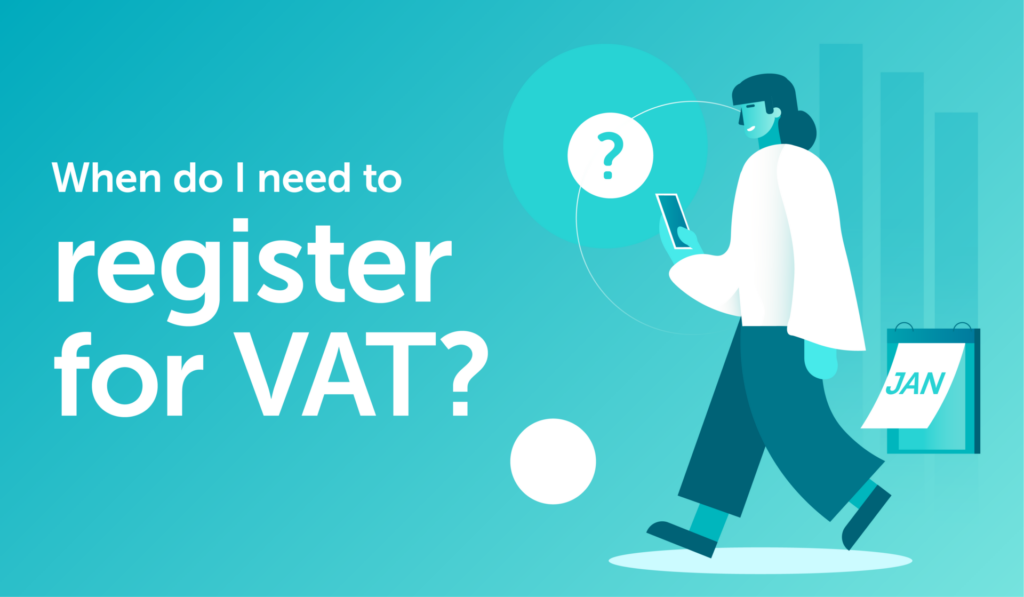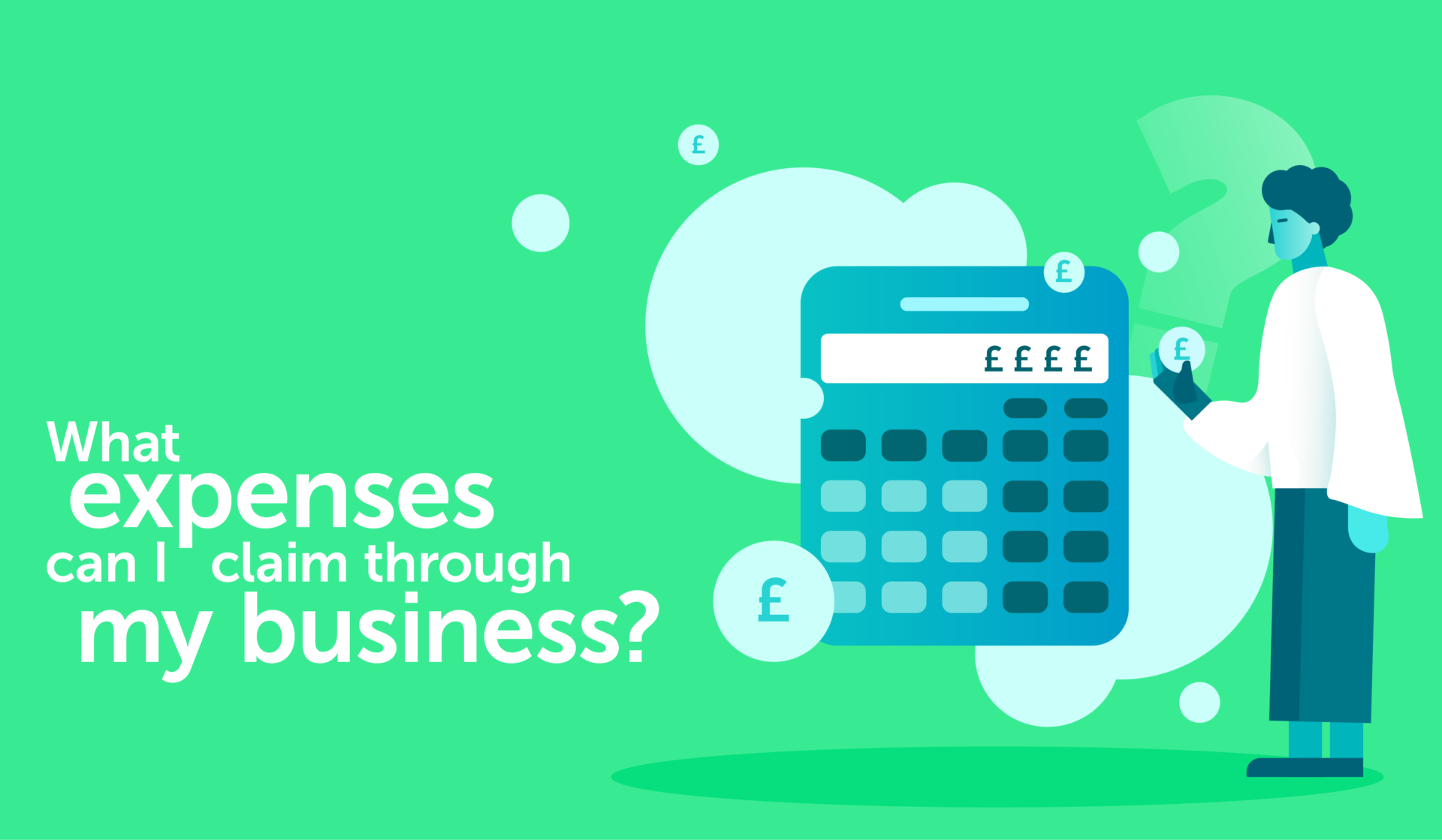
A brief intro to VAT for small businesses
Before we get into the detail of the requirements and obligations to register for VAT, let’s firstly take a look at what VAT is. Value Added Tax (VAT) is a consumption tax imposed on goods and services in many countries around the world, including the UK. VAT registration is a critical aspect of tax compliance for businesses operating in the UK.
In this blog, we will…
- explore what VAT is
- discuss the UK threshold for VAT registration
- highlight the potential benefits that come with being VAT registered
An overview of VAT:
VAT is an indirect tax, where businesses charge VAT on selling their goods or services and also reclaim VAT paid on their purchases from other VAT-registered suppliers.
When do I need to register?
In the UK, businesses must register for VAT if their taxable turnover exceeds a specific threshold set by HMRC. For the tax year 2023-24, the threshold for VAT registration is £85,000 of taxable turnover over a rolling 12-month period. This means that if your business’s taxable turnover reaches or is expected to surpass £85,000 in a 12-month period, you must register for VAT with HMRC.
Potential benefits of being VAT registered
Reclaiming Input VAT: One of the potential advantages of being VAT registered is the ability to reclaim input VAT. VAT-registered businesses can offset the VAT they pay on their purchases against the VAT they charge on their sales.
Enhanced Credibility: VAT registration can enhance the credibility and professional image of your business. It demonstrates that your business has reached a certain level of turnover and is operating in compliance with tax regulations. This can inspire trust among potential clients and partners, positively impacting your business’s reputation.
Access to VAT Schemes: VAT registration opens doors to various VAT schemes that can benefit your business. For example, the Flat Rate Scheme allows eligible small businesses to pay a lower percentage of VAT to HMRC. This scheme simplifies VAT accounting, making it easier and more cost-effective for certain businesses.
Potential negatives of being VAT registered
Additional Admin: VAT registered businesses have additional administrative responsibilities. Businesses must charge VAT, submit VAT returns digitally to HMRC, and maintain accurate records of all VAT transactions. Although this sounds like a lot of extra work, accounting systems like Xero, make the task a lot easier.
Price Sensitivity: Some customers may be price-sensitive and prefer to deal with non-VAT registered businesses, as VAT-registered businesses are required to charge VAT on their products or services. Issues with price sensitivity when being VAT registered most commonly occur when dealing directly with consumers or unregistered businesses.
In summary
VAT registration is a vital consideration for businesses operating in the UK, and understanding the circumstances that trigger the need for registration is essential. Once your taxable turnover exceeds the threshold of £85,000, it becomes mandatory to register for VAT with HMRC. However, even if your turnover is below the threshold, voluntary registration can bring advantages.
As a business owner, it’s crucial to stay informed about VAT regulations and seek professional advice to ensure compliance.
(E) enquiries@advaloremgroup.uk (T) 01908 219100 (W) advaloremgroup.uk







